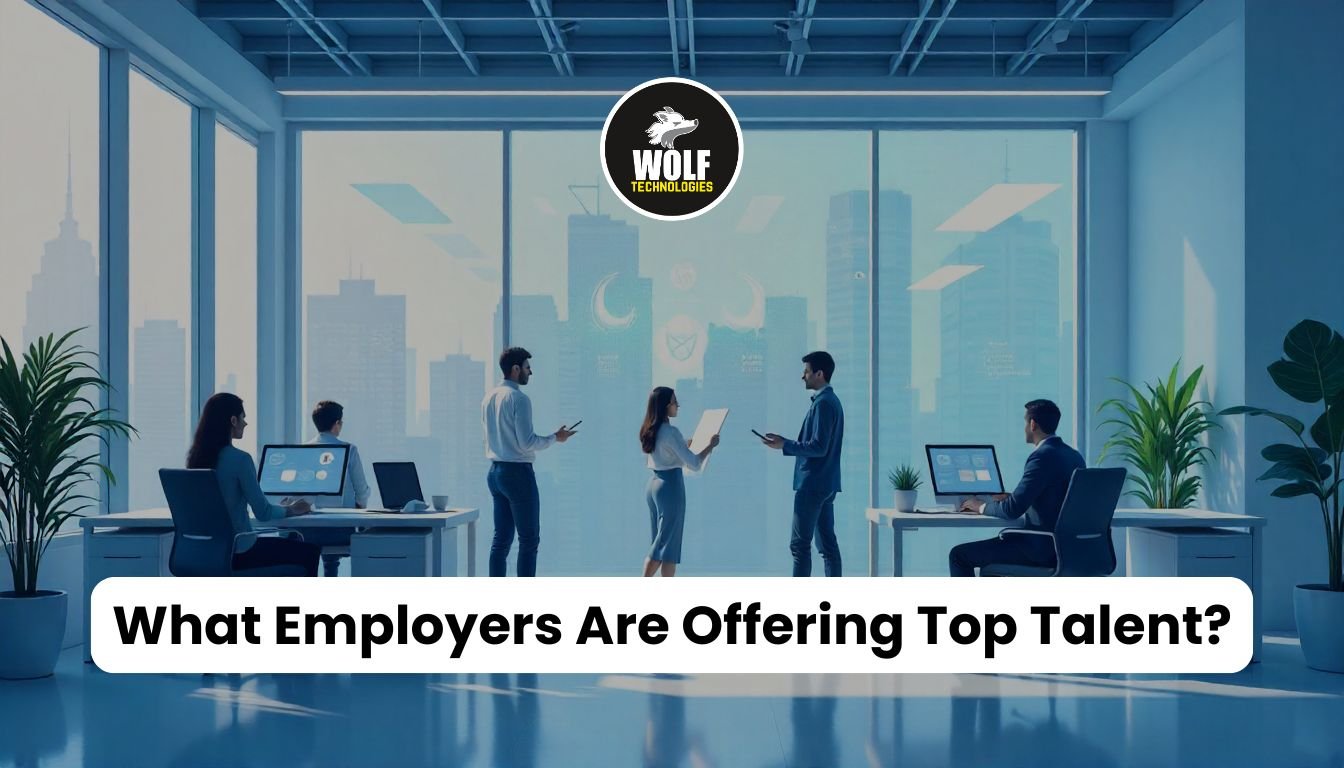
In today’s talent race, salary alone is no longer enough to attract and retain top AI professionals. Organizations are quickly realizing that AI job benefits must go beyond the paycheck. With non-monetary perks tech roles value most, companies are reshaping their offerings to meet the expectations of this highly sought-after workforce.
Recent discussions, even in research communities like arXiv, show that AI talent is motivated by growth, impact, and balance, not just money. Here’s how employers are stepping up:
AI engineers thrive on creativity. Remote-first setups and flexible hours give them the freedom to innovate from anywhere while collaborating globally.
With AI evolving rapidly, continuous learning is a must. Employers now sponsor certifications, fund research projects, and even support contributions to platforms like arXiv.
Today’s AI experts want more than tasks—they want impact. Companies are offering opportunities to work on ethical AI, healthcare, sustainability, and other transformative fields.
Burnout is common in high-demand roles. To combat this, organizations include wellness stipends, mental health days, and mindfulness programs in their benefits.
Top talent values freedom to experiment. Dedicated innovation labs empower employees to test bold ideas, file patents, and drive breakthroughs.
Beyond pay, perks like stock options, performance bonuses, and visible recognition make AI professionals feel valued and invested.
The shortage of AI talent is projected to grow in the coming years. Companies that rely solely on compensation will struggle to attract or retain top professionals. Instead, AI demand perks must include flexible work models, continuous learning, wellness support, and impact-driven projects.
For organizations, this means investing not just in people’s skills, but in their lives and aspirations. For AI professionals, it signals a new era of work where growth, creativity, and well-being are just as valuable as salaries. At Wolf Technologies, we believe these shifts mark a defining moment in the future of work.